Hi there, pet lovers! 🐦
Today, we’re diving into the world of emus—the second-tallest birds on Earth and one of the most fascinating creatures you could ever consider keeping. With their prehistoric charm, quirky personalities, and surprising hardiness, emus are unlike any traditional pet. But are they the right fit for you?
In this in-depth guide, we’ll explore everything you need to know about emus—from their behavior and care requirements to the realities of owning one of these giant, flightless birds. Whether you’re a seasoned livestock keeper or just curious about these magnificent animals, this review will help you decide if an emu belongs in your life.
Overview
Emus (Dromaius novaehollandiae) are large, flightless birds native to Australia and members of the ratite family, which includes ostriches, rheas, and cassowaries. Known for their speed, curiosity, and surprisingly gentle nature (when raised properly), emus are increasingly kept as livestock, pets, and even therapy animals.
Here’s a quick summary of what makes them unique:
- Handling and Temperament: Can be friendly but require careful interaction due to their size and strength.
- Care and Maintenance: Demanding due to space needs, fencing, and weather considerations.
- Health and Durability: Hardy but prone to specific health risks if not managed properly.
- Availability: Not common in pet stores but obtainable through specialty breeders.
- Cost: High initial setup due to enclosure needs, but the birds themselves are affordable.
Overall: Emus are not for everyone, but for those with the right space, resources, and dedication, they can be incredibly rewarding companions.
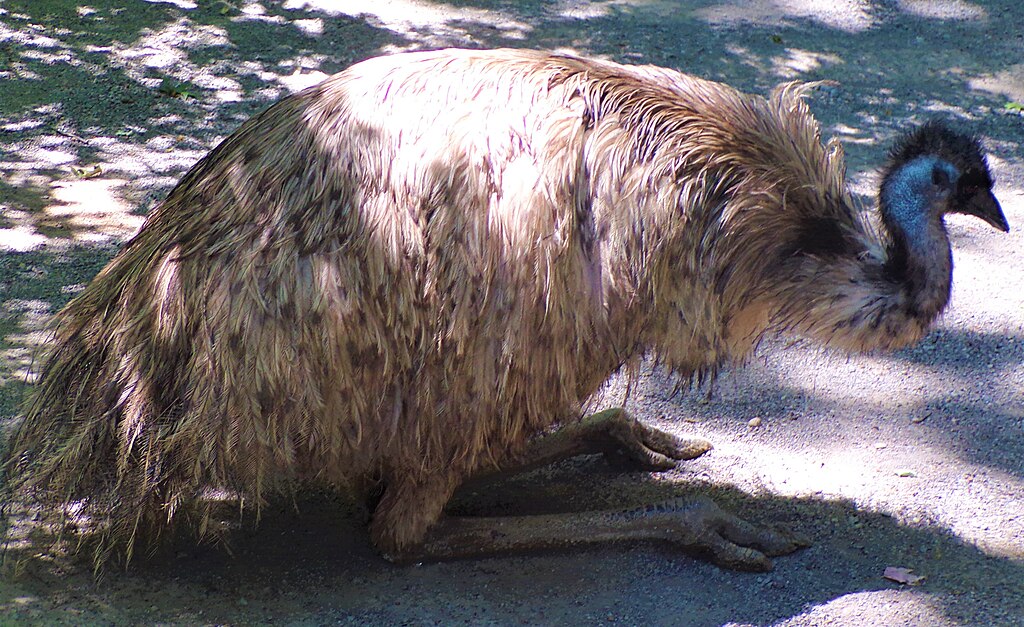
Why Choose an Emu?
Emus are intelligent, social, and full of personality, making them captivating animals to observe and interact with. Unlike smaller pets, they form bonds with their caretakers, especially if raised from chicks. They’re also long-lived, with lifespans of 20-30 years, meaning they’re a serious commitment.
However, they’re not cuddly pets—they’re large, powerful, and need ample outdoor space. They’re best suited for:
- Farmers or rural homeowners with sufficient land.
- Experienced bird or livestock keepers who understand their needs.
- Those looking for a unique, interactive animal rather than a traditional pet.
Handling and Temperament
Personality and Interaction
Emus are curious and can be friendly, but their size (up to 6 feet tall and 80-130 lbs) means they must be handled with respect. They inspect objects (and people) with their beaks, which can feel like gentle nibbling—though it can startle newcomers.
- Males vs. Females: Males are generally more docile, as they naturally care for eggs and chicks in the wild. Females can be more territorial, especially during breeding season.
- Chicks (Emlets): Hand-raised emus are far tamer as adults. Early socialization is key.
Handling Tips
- Never force interaction—let them approach you.
- Avoid sudden movements, as they can kick or bolt.
- Watch their body language: Raised feathers, hissing, or drumming sounds signal discomfort.
- Never corner them—they can jump surprisingly high and may panic.
While emus rarely attack, their powerful legs and sharp claws can cause injury if they feel threatened. Proper handling ensures a positive relationship.
Care and Maintenance
Enclosure Requirements
The biggest challenge with emus is space. They need:
- A large, securely fenced area (at least 1-2 acres per pair).
- Fencing: Minimum 6 feet tall with no gaps—they can squeeze through surprisingly small spaces.
- Shelter: A three-sided shed protects them from wind, rain, and extreme temperatures.
Diet and Feeding
Emus are omnivorous but mostly eat:
- Commercial ratite feed (formulated for emus/ostriches).
- Fresh greens, fruits, and vegetables (avoid avocado—it’s toxic).
- Insects and small animals (they enjoy hunting bugs).
Feeding Schedule:
- Adults: 1.5-2 lbs of feed daily, supplemented with forage.
- Chicks: Require specialized starter feed for proper growth.
Temperature and Weather Considerations
Emus tolerate a wide range of climates but need:
- Shade and water in summer (they overheat easily).
- Windbreaks in winter (they handle cold well but dislike wet conditions).
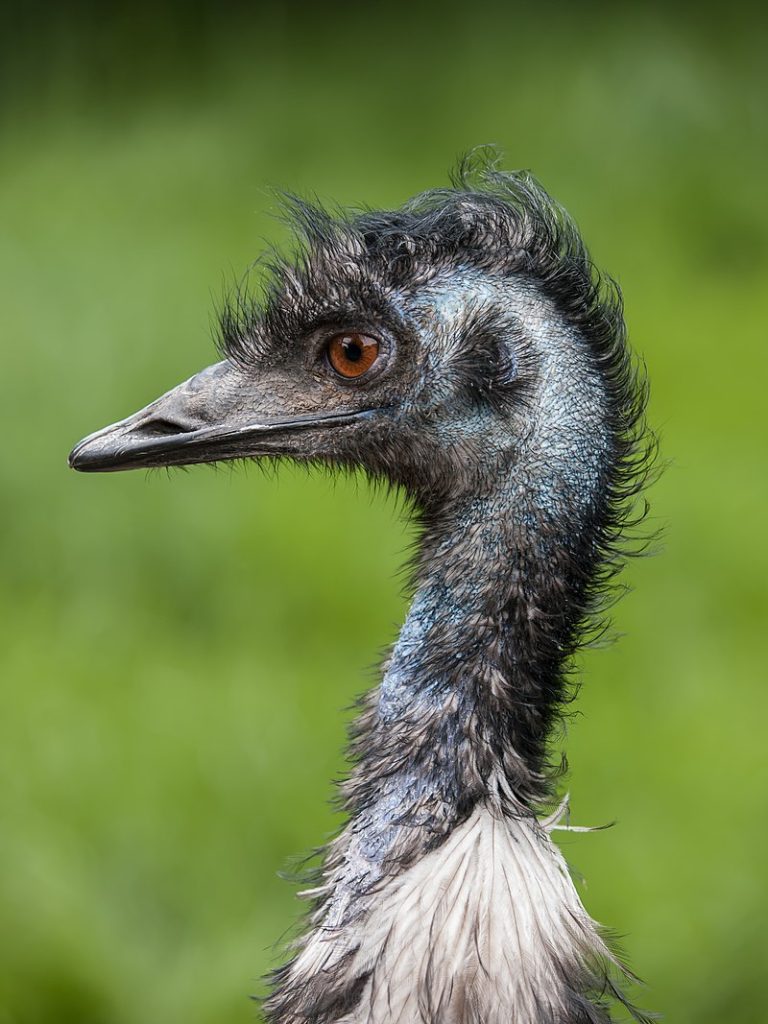
Health and Durability
Common Health Issues
- Leg and joint problems (due to rapid growth in chicks).
- Impaction (from eating indigestible objects).
- Parasites (worms and ticks are common).
Preventative Care
- Regular vet check-ups (find an avian/exotic specialist).
- Vaccinations (especially for Eastern Equine Encephalitis).
- Clean living conditions (prevent bacterial/fungal infections).
With proper care, emus are remarkably hardy and can live decades.
Availability and Cost
Where to Buy
- Specialty breeders (best for healthy, socialized birds).
- Livestock auctions (more common for adults).
- Egg suppliers (requires incubation knowledge).
Cost Breakdown
- Emu chicks: $100-$300 each.
- Adults: $500-$2,000+ (depending on age and lineage).
- Setup costs: $2,000-$10,000+ (fencing, shelter, feed).
Pros and Cons
Pros
✔ Fascinating, interactive personalities.
✔ Low-maintenance compared to other livestock.
✔ Long lifespan (20-30 years).
✔ Can be profitable (eggs, oil, meat).
Cons
✖ Require massive space and strong fencing.
✖ Not suitable for urban/suburban living.
✖ Potential for injury if mishandled.
✖ Long-term commitment.
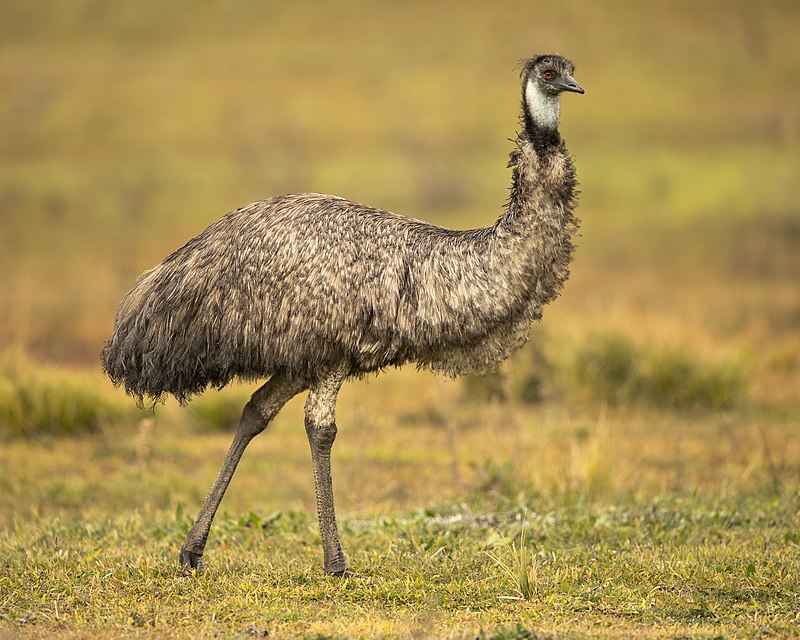
Final Thoughts
Emus are extraordinary animals, but they’re not pets in the traditional sense. They thrive best in rural settings with owners who understand their needs. If you have the land, resources, and patience, an emu can be a rewarding, even profitable addition to your life.
For those simply curious, we recommend visiting a farm or sanctuary to meet these giants up close. Their intelligence and charm might just win you over!
Have you ever interacted with an emu? Share your experiences below! And for more unique pet guides, stay tuned to our blog. 🦖

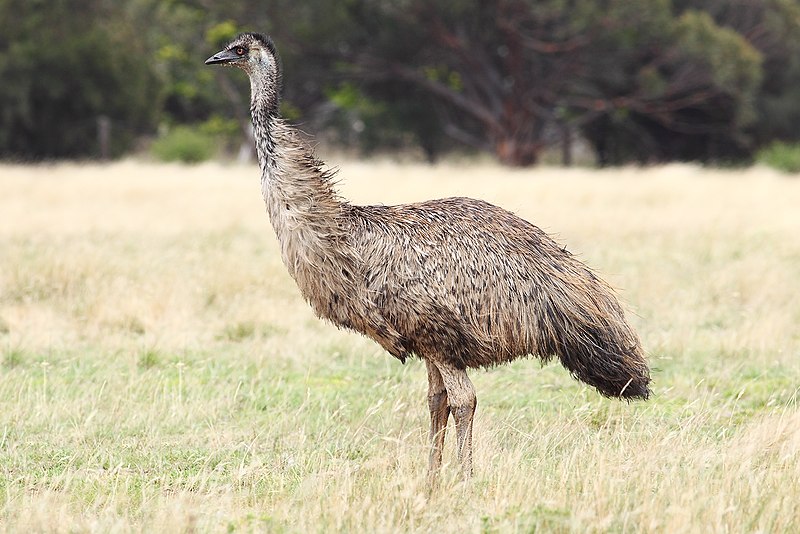

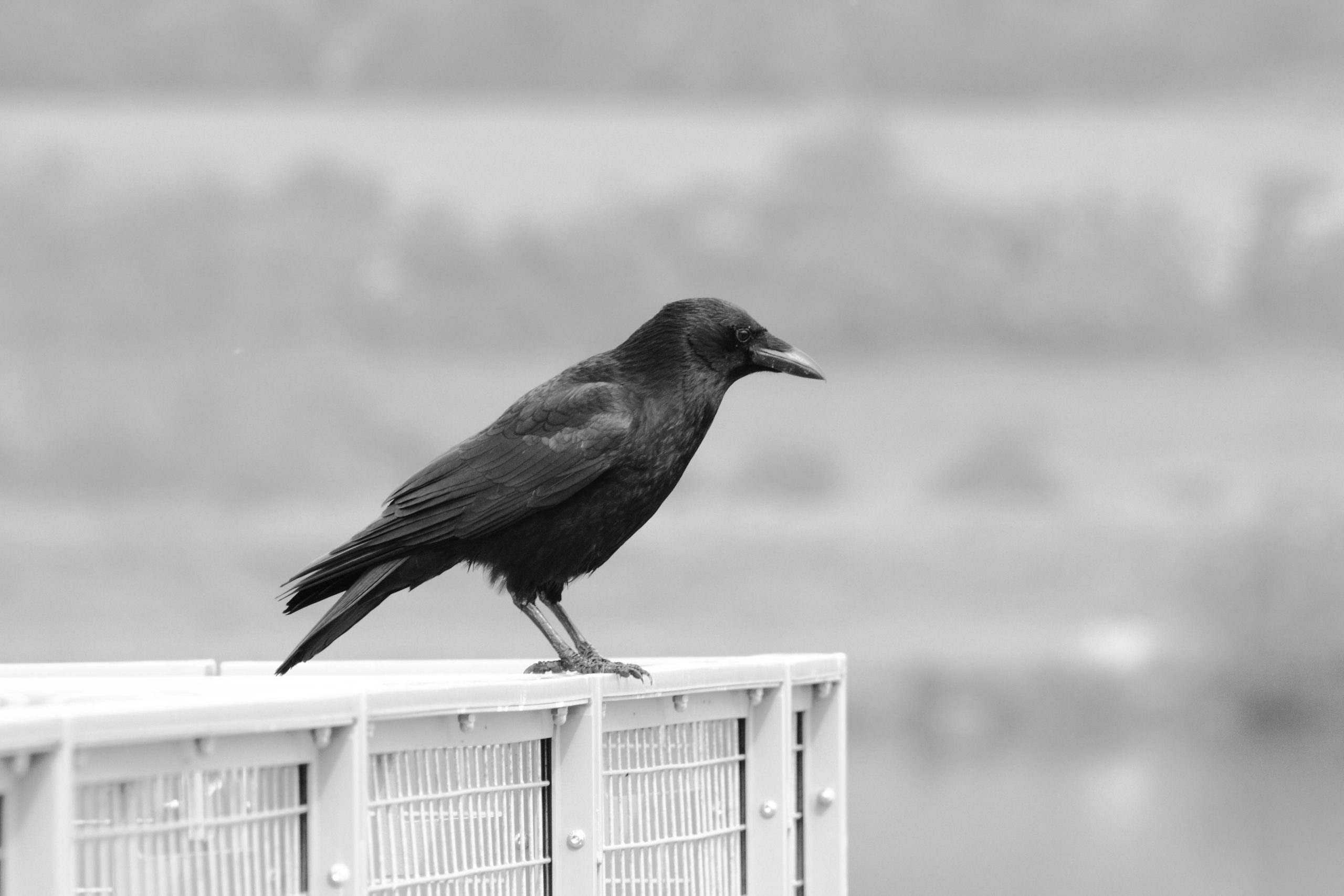
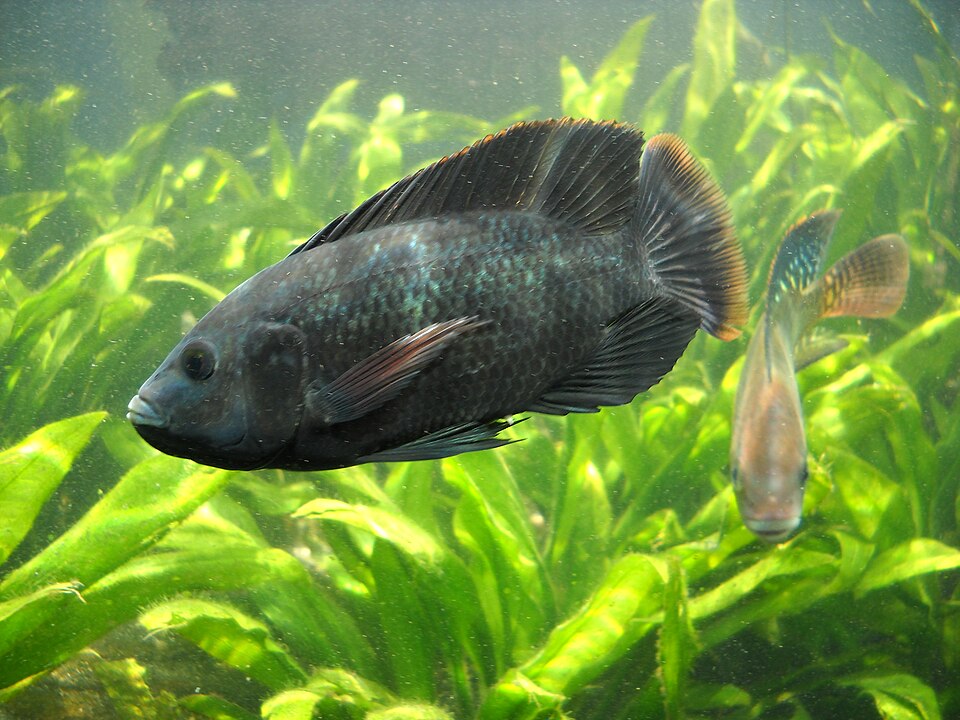
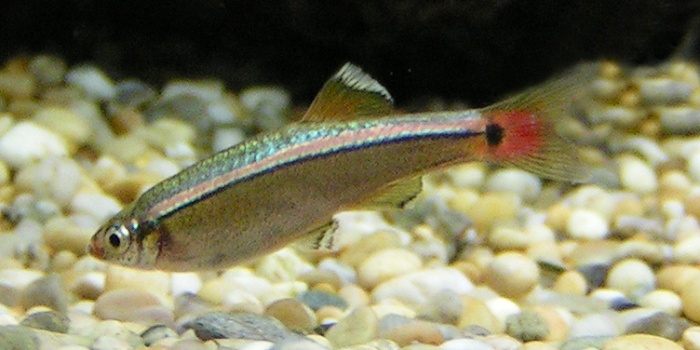
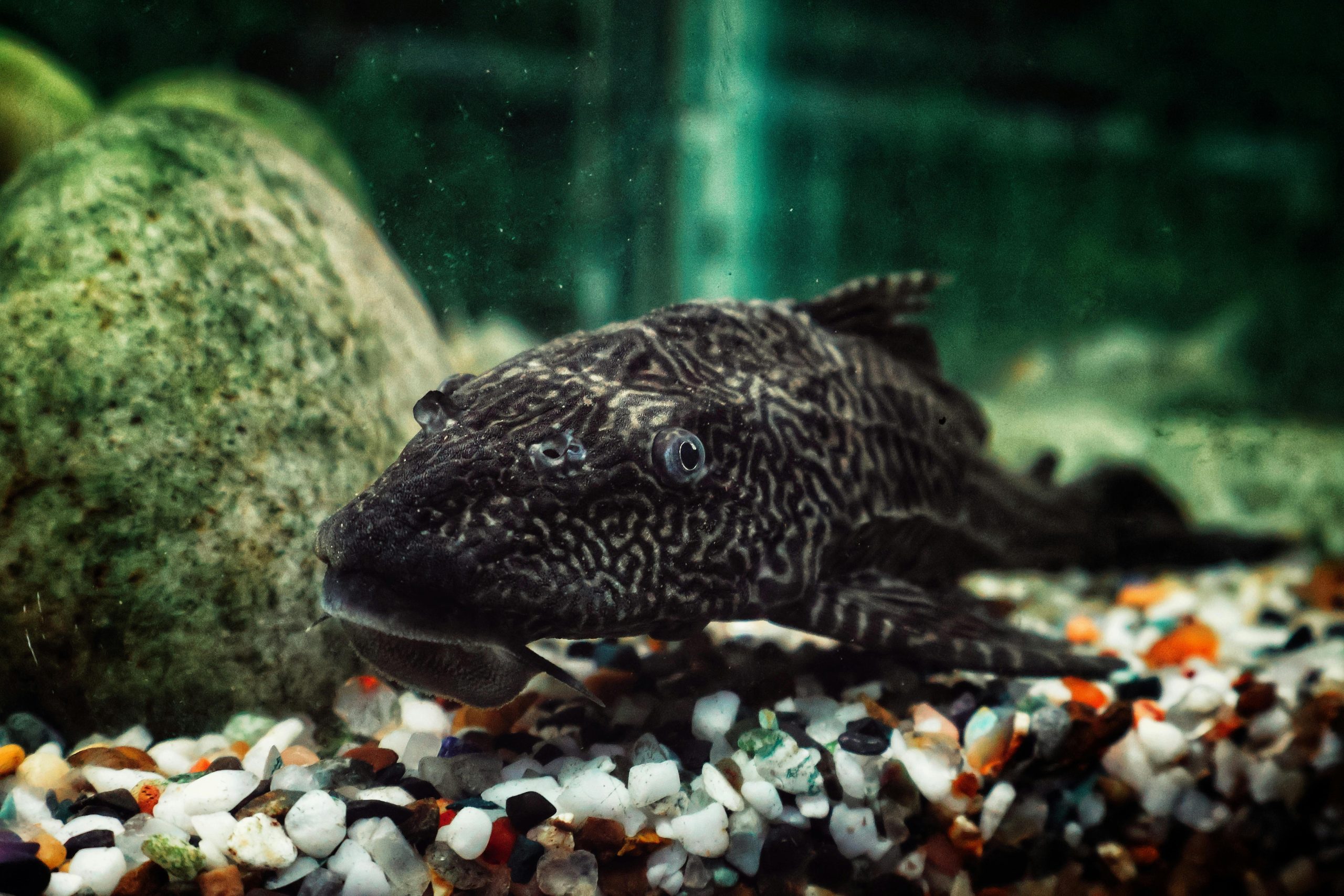
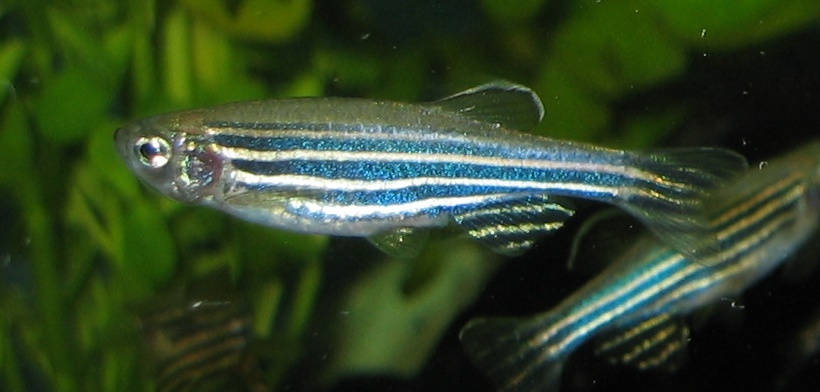
Leave a Reply